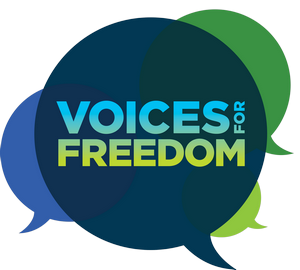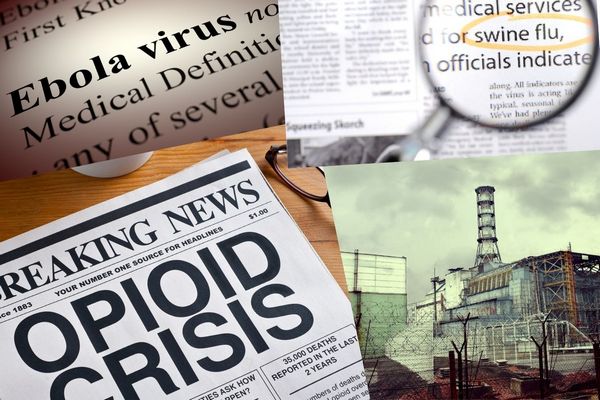It’s certainly been a difficult and harrowing couple of years for our little country and the perpetual assault of impositions and bad news has taken its toll. It’s been a real grind, leaving many in the freedom movement feeling battered and exhausted. The hope and elation brought by the Wellington protest have subsided, and the energy and momentum of a nation rising and standing to defend its basic human rights has dissipated, with the promise of a return to normality. But what lurks beneath the surface? In the great game of look here, look here, but don’t look here, what is it that we are supposed to be seeing?
The progressive centralisation of authority to supranational entities like the World Health Organisation (WHO) operating through international treaties and agreements has been a persistent slow-marching phenomenon. The majority of the population remains largely unaware of the international agreements which have already begun the process of undermining the independence of our sovereign nation-states and under the guise of a need for a centrally regulated response to matters of international significance (pandemic management, climate change, etc). The Covid-19 pandemic created the impetus for the WHO to call for further power to be divested from its member states to its own centralised authority.
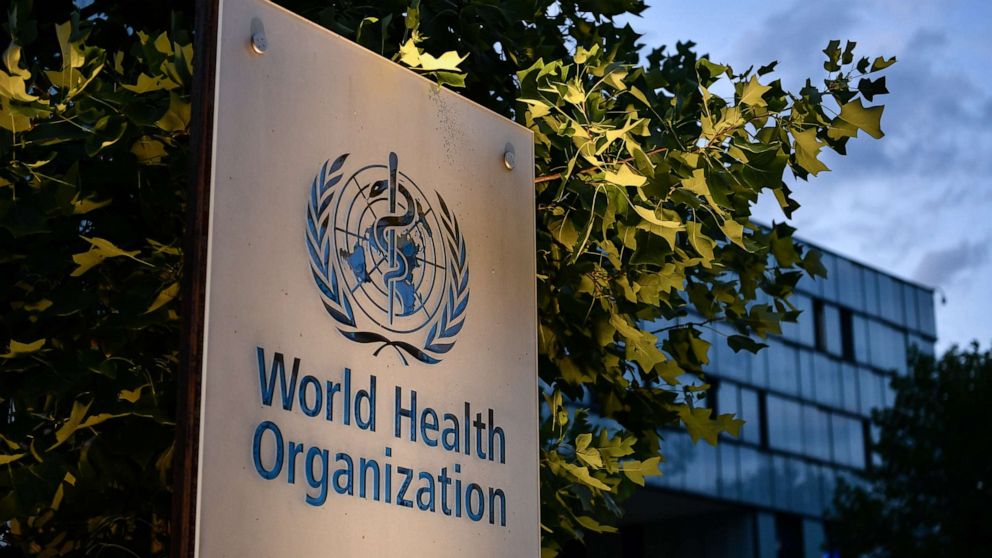
The salient concerns rest in the WHO constitution, the existing IHR (2005), the proposed amendments that have been tabled for discussion, and the development of a new WHO pandemic preparedness treaty that could override the governing structures of independent nation-states, placing them under the WHO constitution in the event of a “global health emergency”.
What is the WHO?
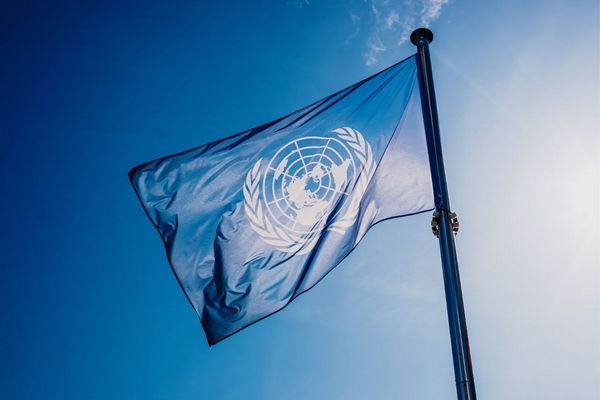
The WHO was established in 1948 as a specialised agency of the United Nations and its self-described primary role is to direct international health within the United Nations’ system and to lead its partners in global health responses.
Its decisions are made through the World Health Assembly and an executive board. Yet despite its apparent status and grandeur, the WHO is still comprised of an unelected body of appointed officials.
How is the WHO funded?
At its inception in 1948 the WHO was an independent organisation funded by its 61 member states. Unfortunately, the integrity of the WHO has been undermined over time, as industrial donors asserted their influence through the corporate funding mechanism. As many of us have come to understand in recent years it is easy to understand organisational power and its allegiances if one takes the time to look at how it is being funded. The WHO has two primary funding sources and a third that would be considered minor.
Assessed contributions: These fixed payments from member states are scaled to the income and population of the state. These currently account for only 17% of the funding pool.
Voluntary contributions: These are payments that may be made by member states, private organisations, and individuals. These now account for 80% of the funding pool. Voluntary funding contributions come with strings attached as they are often earmarked by their donors for “specified” purposes.
The third and less significant stream of funding is simply labelled other and accounts for only 3% of the funding pool.
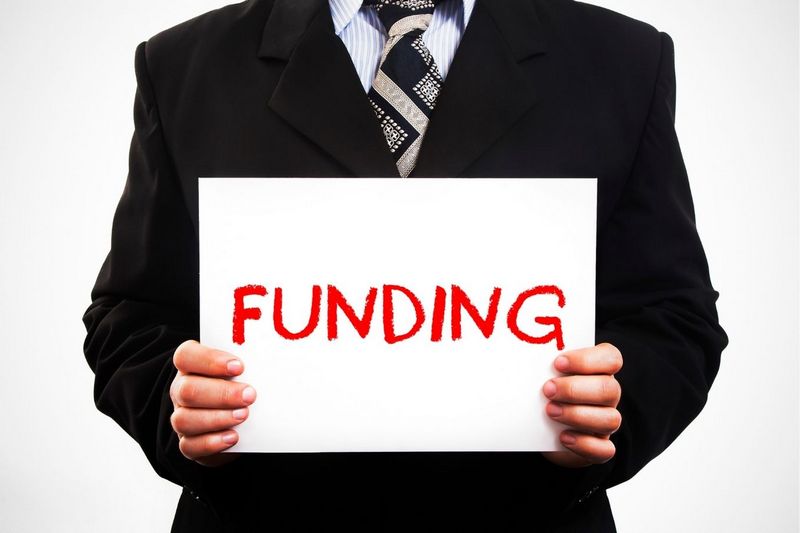
Bill Gates and his pivotal role in funding the WHO
At beginning of the Covid-19 pandemic, Bill Gates became a central figure on our television screens, his draped purple sweaters, tone-deaf rhetoric, and arm-waving theatrics are difficult to forget.

Most of us were no doubt unaware of the sway that he holds over the WHO by virtue of his donations. His biennial contributions of $4.84 billion dollars through the Bill and Melinda Gates Foundation exceed that of any member state.
This unprecedented platform for influence has not gone unnoticed and in 2017 Politico was prompted to say of Bill Gates:
“He is treated liked a head of state, not only at the WHO but also at the G20,”
In the same article the author went on to state:
“His sway has NGOs and academics worried. Some health advocates fear that because the Gates Foundation’s money comes from investments in big business, it could serve as a Trojan horse for corporate interests to undermine WHO’s role in setting standards and shaping health policies.”
https://www.politico.eu/article/bill-gates-who-most-powerful-doctor/
Is WHO a corrupt organisation?
It’s all very well to point fingers and make insinuations about powerful, privately funded organisations but has there been any evidence of negligence or wrongdoing? The WHO has been directly involved in the implementation of policies and measures which have served to protect the interests of industry while concealing and precipitating injury to human health. Examples of the WHO’s more recent failures include:
The WHO was instrumental in downplaying and suppressing the catastrophic health consequences that followed the Chernobyl disaster.
In 2009 the WHO was embroiled in controversy when it assigned pandemic status to the H1N1 “Swine Flu” outbreak. This coincided with the roll-out of new vaccine manufacturing processes by big pharma. Their global marketing plans would only be viable in the event of a pandemic.
The WHO’s collaboration with Purdue expanded opioid use and global addiction.
The failure of the WHO failure to take action in the Ebola outbreak of 2013 led to the unnecessary death and suffering of thousands of people in Guinea, Liberia, and Sierra Leone.
THE INTERNATIONAL HEALTH REGULATIONS (IHR)
The International Health Regulations are a binding instrument in international law that are designed:
“to prevent, protect against, control, and provide a public health response to the international spread of disease in ways that are commensurate with and restricted to public health risks and that avoid unnecessary interference with international traffic and trade”.
They were first adopted by the Health Assembly in 1969 and were advanced with the request for a substantial revision at the 48th World Health Assembly in 1995 due to the recognition of elevated risk associated with increased international travel, international trade, the re-emergence of international disease threats and other public health risks. The Severe Acute Respiratory Syndrome outbreak (2003) provided the impetus and the momentum for the establishment of an intergovernmental working group in 2003. This group instituted the revisions that were adopted at the 58th World Health Assembly on the 23rd of May 2005 as IHR (2005). IHR (2005) entered into effect on the 15th of June 2007.
IHR (2005) is described in the preamble to the document as containing a range of innovations including a scope that is not limited to any specific disease or manner of transmission, but covers “illness or medical condition, irrespective of origin or source, that presents or could present significant harm to humans”. Please take the time to ponder the latitude granted by this broad and poorly-delineated statement and consider how readily it can be manipulated in the absence of accountability and adequate oversight.
We also wish to draw the reader’s attention to Article 18 of IHR (2005) and consider its potential implications. The following are (Article 18) recommendations made to states with respect to persons and these may include:
- The requirement for medical examinations
- Review of the proof of medical examination and any laboratory analysis
- The requirement for vaccination or other prophylaxis
- Review of the proof of vaccination or other prophylaxis
- The placement of suspect persons under public health observation
- The implementation of quarantine or other health measures for suspect persons.
- The implementation of isolation and treatment where necessary for affected persons.
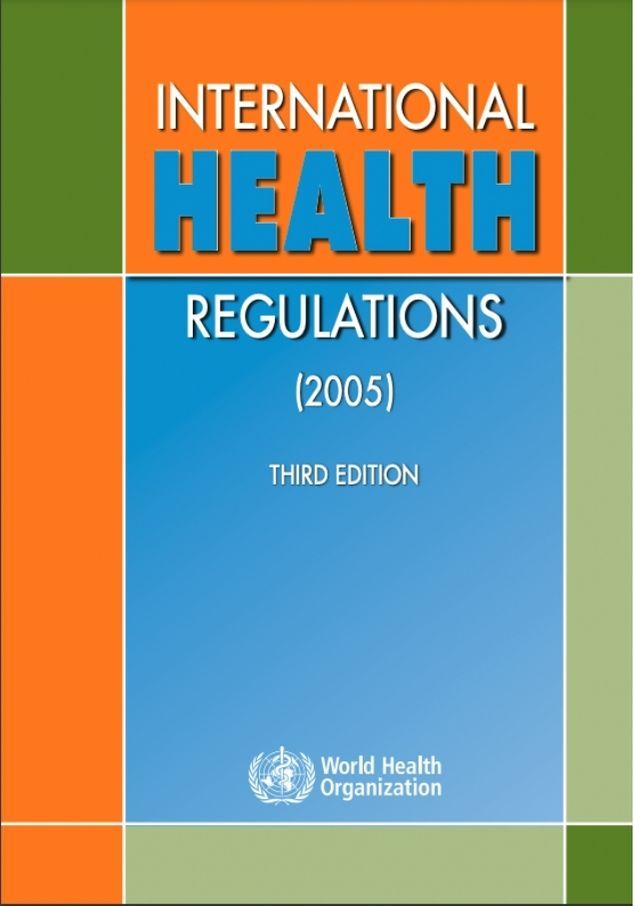
For those who doubt the significance of IHR (2005) and its relevance to New Zealand, please consider what our own government has to say about the relationship.
“NZ is bound without reservation to the International Health Regulations (IHR) 2005, which replaced the earlier IHR 1969. These Regulations are binding on New Zealand by virtue of our membership of the World Health Organisation.”
What are the Proposed Amendments to IHR (2005)?
While many are still coming to terms with the existence of IHR (2005) and the fact that New Zealand is a signatory state, further concerning changes are pending, as proposed amendments to IHR (2005) have been tabled for discussion at the 75th World Health Assembly (22nd-28th of May 2022). This proposal submitted by the United States of America, suggests amendments to the following articles of IHR (2005). Articles 5, 6, 9, 10, 11, 12, 13, 15, 18, 48, 49, 53, 59. The proposed amendments carry a disturbing common thread, in that they tend to confer a reduced consideration of the perspective of an affected state party, placing it more directly under the explicit guidance of the WHO. It is easy to determine the mechanisms through which the proposed amendments further limit the autonomy of signatory states. For those wishing to obtain a deeper appreciation of this unabashed power grab, please refer to document A75/18 on the 75th World Health Assembly documents list.
https://apps.who.int/gb/e/e_wha75.html
https://healthpolicy-watch.news/wp-content/uploads/2022/02/C.L.2.2022-IHR-amendments-English.pdf
The Pandemic Preparedness Treaty

The WHO has called for the expansion of its authority through the implementation of a Pandemic Preparedness Treaty of broader scope. Those who have watched the WHO over the duration of the pandemic might be excused for thinking that the WHO is using its own bungled response to the Covid-19 pandemic as the pretext for further consolidation of its power.
The Pandemic Preparedness Treaty is currently in draft form and resides with an intergovernmental negotiating body (INB) which first met in March this year and is scheduled to re-convene for a further meeting in August to review progress on the working draft of the proposed treaty. It is anticipated that a progress report will be presented at the 76th World Health Assembly in 2023. On the current timeline, the final outcome will be submitted for consideration at the 77th World Health Assembly in 2024.
The WHO Constitution
The WHO’s constitution was brought in to force on the 7th of April 1948 with subsequent amendments to its articles being too numerous to list. It is concerning that several articles provide it with considerable administrative latitude.
Article 19 affords the WHO the ability to adopt new conventions or agreements with a voting majority of only two-thirds of its member states. This raises important questions as to the nature of penalties that could be leveled against nation-states that determine that it is in their own best interest not to use their own discernment and follow their own path.
“The Health Assembly shall have authority to adopt conventions or agreements with respect to any matter within the competence of the Organization. A two-thirds vote of the Health Assembly shall be required for the adoption of such conventions or agreements, which shall come into force for each Member when accepted by it in accordance with its constitutional processes.”
https://apps.who.int/gb/bd/pdf_files/BD_49th-en.pdf#page=6
There is also considerable concern that the proposed pandemic preparedness treaty could be brought into force by the powers granted through the use of Article 19.
Article 21 similarly provides the World Health Assembly with a broad mandate in the event of a global health emergency. The powers provided include control over definitions and nomenclatures, control over the specific measures that will be employed, control over diagnostic standards and procedures, and control over therapeutics and related goods moving in international commerce (See below).
“The Health Assembly shall have authority to adopt regulations concerning:
- sanitary and quarantine requirements and other procedures designed to prevent the international spread of disease.
- nomenclatures with respect to diseases, causes of death and public health practices.
- standards with respect to diagnostic procedures for international use.
- standards with respect to the safety, purity and potency of biological, pharmaceutical and similar products moving in international commerce.
- advertising and labelling of biological, pharmaceutical and similar products moving in international commerce.”
The redefining of critical terms like pandemic, vaccine, or case were hallmarks of the Covid-19 pandemic. As were the restrictions imposed upon the availability of therapeutics, the heavy investment in flawed diagnostics, and the use of unproven measures such as mask-wearing, lockdowns, and experimental “vaccines”. A cynic might say we already know what it is to operate under Article 21 (and they would be correct).
The Pandemic Preparedness Treaty is concerning in its own right, however, when it is considered that the treaty has the potential to bypass the laws and constitutions of signatory states and place them under the WHO’s own constitution, greater questions and concerns emerge. As a privately funded supra-national entity with its unelected body officials, who carries the authority to provide oversight? What checks and balances have been instituted, to place limits on the powers and privileges that the WHO can grant itself under its own constitution? And if such mechanisms exist how can we be assured that they are truly independent, robust, and impartial. The WHO constitution in its current structure and format is likely to change with the evolution of the bureaucracy as such organisations tend to take measures to secure and validate their own importance and ensure their own survival.
The WHO is a redundant organisation, which is guilty of neglect and malfeasance. Its illusory prestige is a façade promulgated through the theatrics of a complicit media. The WHO has been caught in the act of a cynical power grab, using its own bungled management of the Covid-19 pandemic as the pretext for the expansion and consolidation of its authority through the implementation of a new Pandemic Preparedness Treaty.
Voices For Freedom continues to advise its supporters to share this information widely and actively voice opposition to the WHO and its proposed Pandemic Preparedness Treaty. It is advised that we continue to engage with credible politicians, political parties, and government departments with the ultimate aim of removing New Zealand from all agreements with the WHO.
Voices for Freedom would like to thank NZDSOS for their support in the creation of this educational resource.
